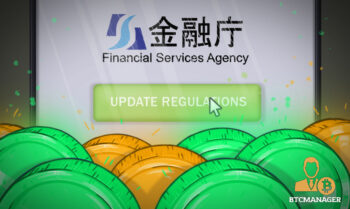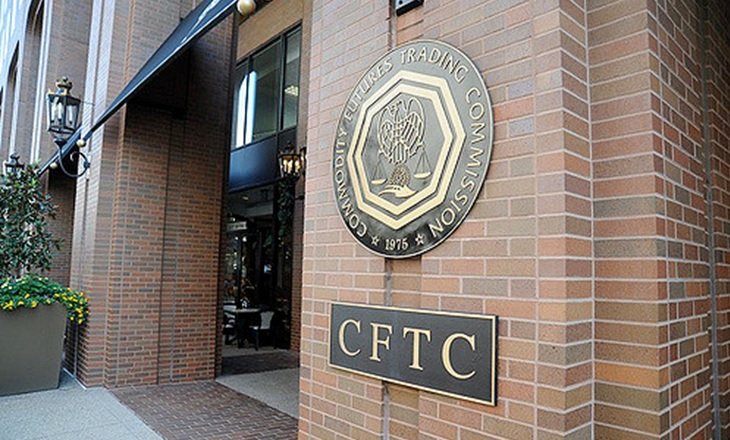2018-9-17 22:11 |
The top financial regulator of Japan, the Financial Services Agency (FSA), has just decided to publish many documents that discuss the state of the crypto regulations in the country. The agency has confirmed that only three of the 16 companies that sent their applications for review survived the inspections of the agency.
According to the FSA, most of them did not meet the required standards for operating in the country. The agency is planning to conduct on-site inspections in the registered exchanges soon. From the 16 companies, one was rejected and 12 have withdrawn their applications. There are reports of more 160 companies that have already expressed their intention to register as crypto exchanges.
FSA To Expand The TeamThe vice commissioner for policy coordination of the institution, Kiyotaka Sasaki, has affirmed that the main problem for the agency is how to deal with the new operators and that they have 30 people to monitor crypto exchanges and traders. These people will also work to review the applications of the companies that are trying to enter the market right now.
The main issue is that there are more than 160 companies wanting to enter the market, so the agency needs to seek more workforce to deal with all these applications. As the company only has 30 employees, it is looking to increase its team with 12 new workers that will focus on the listing of new exchanges operators.
The Plans for Self-RegulationOther documents state that the Japan Virtual Currency Exchange Association (Jvcea), which has 16 members at the time (Money Partners, Quoine, Bitflyer, Bitbank, SBI Virtual Currency, GMO Coin, Bittrade, Btcbox, Bitpoint Japan, DMM Bitcoin, Bitarg Exchange Tokyo, Bitgate, Bitocean, Fisco Virtual Currency, Tech Bureau and Xtheta) will try create self-regulatory rules.
The president of the Jvcea, which also is the president of Money Partners, is Yasunori Okuyama, which has explained in the meeting that there is a long list of self-regulatory rules to be made. For instance, one of the rules states that when handling a new virtual currency, you have to notify the association, which has the right to object for the handling of this new coin.
Another important rule is focused on the management of customer assets. It creates extra restrictions for margin trading using cryptocurrencies and in compliance with fund settlement laws and administrative guidelines in Japan. Companies can have leverage of up to four times according to this self-regulatory framework. However, members can limit this number in certain circumstances.
This rule was created as a way to suppress the risk of loss for the users and the excessive speculative transactions that are generally used in leveraged virtual currency trading.
Some other regulation is more focused on anti-money laundering (AML) laws and to combat the financing of terrorism, as well as “anti-social forces”. There are also basic guidelines for ethics, ICOs and trading.
origin »Bitcoin price in Telegram @btc_price_every_hour
Emerald Crypto (EMD) на Currencies.ru
|
|






















